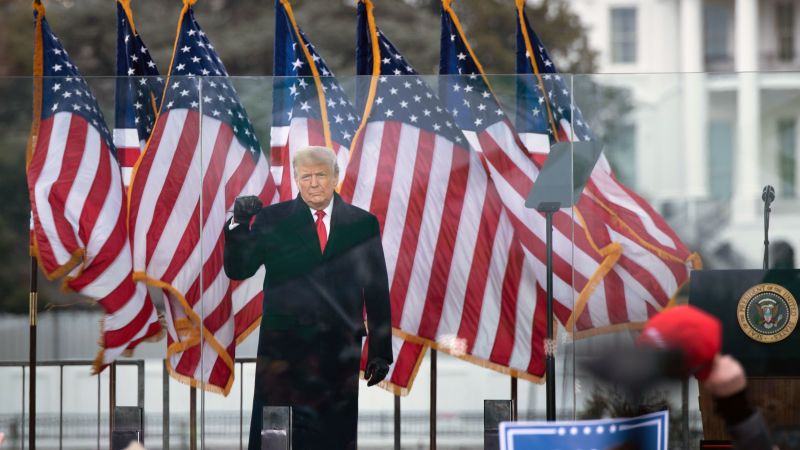In a recent development, the Supreme Court has ruled that former President Donald Trump is entitled to some immunity from prosecution. The big question now is what will happen next in special counsel Jack Smith’s election interference case against Trump.
If Smith continues with the case, written arguments and possibly proceedings with witness testimony and evidence are expected to take place before US District Judge Tanya Chutkan in Washington, DC. As of now, the special counsel’s office has not publicly responded to the decision, and there is no indication on Chutkan’s docket regarding the next steps in the trial court.
It is anticipated that formal handling of the case by the federal courts in DC will follow once the Supreme Court formally hands down the opinion. This process typically takes about a month, but it could be expedited, especially if requested by a party involved.
While Chutkan works through the legal issues, the possibility of more appeals delaying the case looms. This could mean that Trump may not go to trial this year, if at all. However, the unpredictable nature of courts makes it difficult to determine the exact timeline.
The Supreme Court’s ruling outlined what Trump is and isn’t immune for in different categories of allegations. Chief Justice John Roberts emphasized that lower courts will need to conduct fact-specific and challenging analyses for several allegations.
Regarding Trump’s pressure campaign on Vice President Mike Pence and state-level efforts to overturn election results, the high court directed lower courts to determine what conduct constitutes an official act and what does not.
In relation to Trump’s behavior on January 6 and comments encouraging the Capitol riot, lower courts will need to assess which communications are immunized based on the context and participants. Any rulings by Chutkan on official acts may lead to appeals to higher courts.
Overall, the Supreme Court’s ruling indicates that any appeals would need to be resolved before the case goes to trial, making it unlikely to reach a jury before the next presidential election. The special counsel’s office may need to adjust their case to align with the Supreme Court’s opinion and navigate the exclusion of any evidence related to official presidential actions.
Despite these challenges, the timeline could progress swiftly with Chutkan, potentially resulting in briefings and hearings in a matter of weeks. The case against Trump continues to evolve, and the legal process is likely to remain complex and uncertain.











